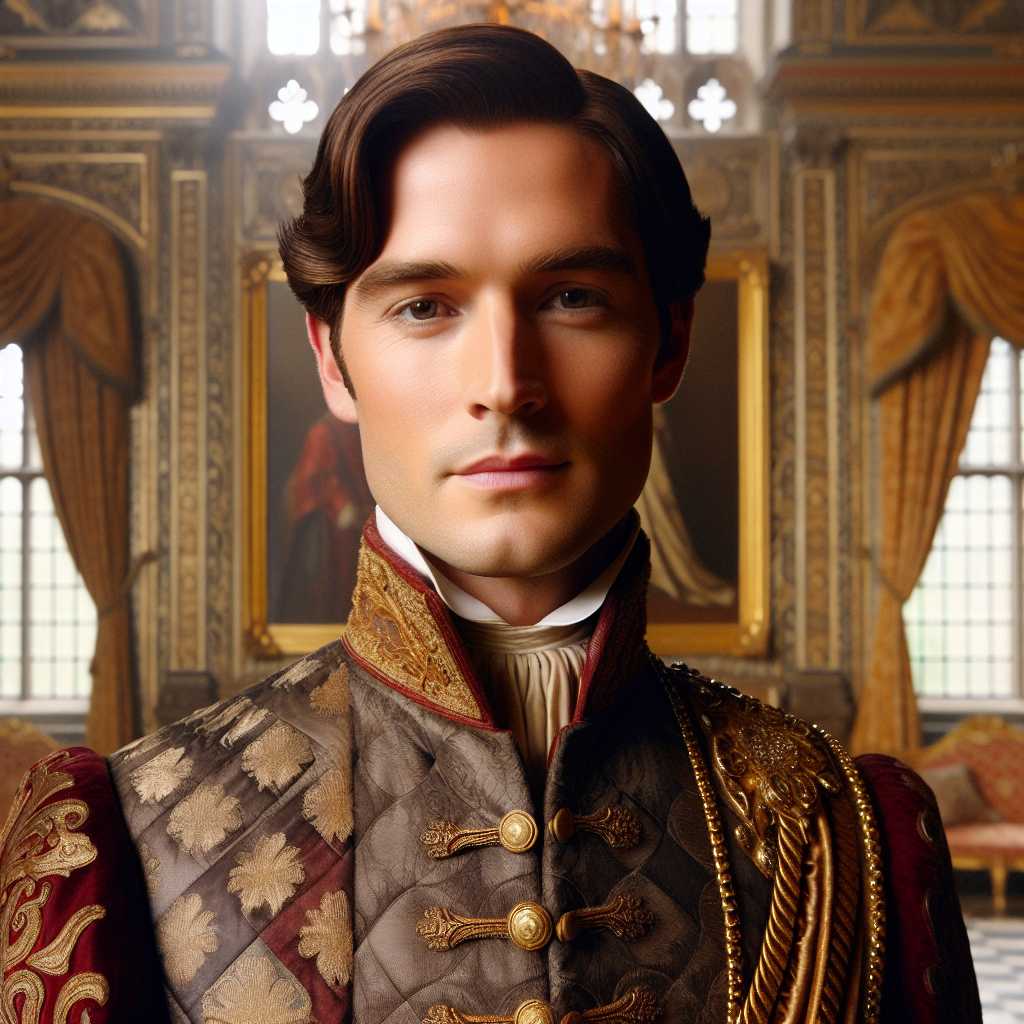###
The Life and Role of Prince William in the British Monarchy
Prince William, The Duke of Cambridge, embodies a modern approach to royal duty and public life in the United Kingdom. As the second in line to the British throne, he merges tradition with contemporary sensitivity, continuing to adapt the monarchy’s image to the evolving values of British society.
Early Years and Education
William Arthur Philip Louis was born on June 21, 1982, to Charles, Prince of Wales, and Diana, Princess of Wales. His early life was marked with intense media attention, which only grew following his mother’s tragic death in 1997. Prince William was educated at Eton College and later attended the University of St Andrews in Scotland, where he studied geography.
Military Service and Career
In keeping with royal tradition, Prince William embarked on a military career after finishing his studies. He enrolled at the Royal Military Academy Sandhurst and was commissioned as an officer in the Blues and Royals regiment. Subsequently, he received training as a pilot with the Royal Air Force (RAF) and served with the RAF Search and Rescue Force, which honed his leadership skills and dedication to service.
Royal Duties and Public Service
Prince William has accepted increasing royal responsibilities over time. His engagements often focus on environmental conservation, mental health advocacy, homelessness, and veteran affairs. His patronage of various charities demonstrates a commitment to service which he deems crucial to his royal role. Such engagements reinforce the Union’s continuance through proactive involvement in national issues.
Marriage to Catherine Middleton
The royal wedding on April 29, 2011, between Prince William and Catherine Middleton captured global attention. Presented as a fairy-tale-like event, it upheld centuries-old traditions while exuding a sense of modernity that resonated with people worldwide. Catherine, thereafter known as The Duchess of Cambridge, has taken on her role with grace, participating actively in charitable work alongside her husband.
Fatherhood and Personal Growth
The birth of their children—Prince George, Princess Charlotte, and Prince Louis—ushered Prince William into fatherhood. Balancing parental responsibilities with royal functions encompasses part of the Duke’s personal narrative shaping his image as a modern heir apparent who embraces family life publicly more open than his predecessors did.
Innovation within Tradition
Prince William reflects a balancing act between cherishing royal tradition and advancing innovative thought within the realm of the monarchy’s public duties. His involvement with technological advancements and engagements through social media platforms showcase efforts to keep the monarchy relevant in an age where digital presence is rapidly altering landscapes of influence.
Global Influence and Charity Work
The Duke of Cambridge’s extensive charity work garners international respect. Projects such as the Earthshot Prize illustrate his forward-looking stance on global environmental concerns. Additionally, his work on mental health through initiatives like Heads Together sees him partner with celebrities and other public figures to destigmatize mental health issues.
Future King
Understanding his future role as monarch involves preparing for constitutional duties while adapting the scope of monarchic involvement to suit societal changes. His dedication signals a shift towards a monarchy that values dialogue with its constituencies across various platforms while maintaining regal protocol.
Notes
Image description: A portrait-oriented photo showing Prince William in royal attire standing by an ornately decorated room characteristic of Buckingham Palace. His pose reflects confidence intertwine with appeal reflecting his role as a senior member of the British Royal Family.
